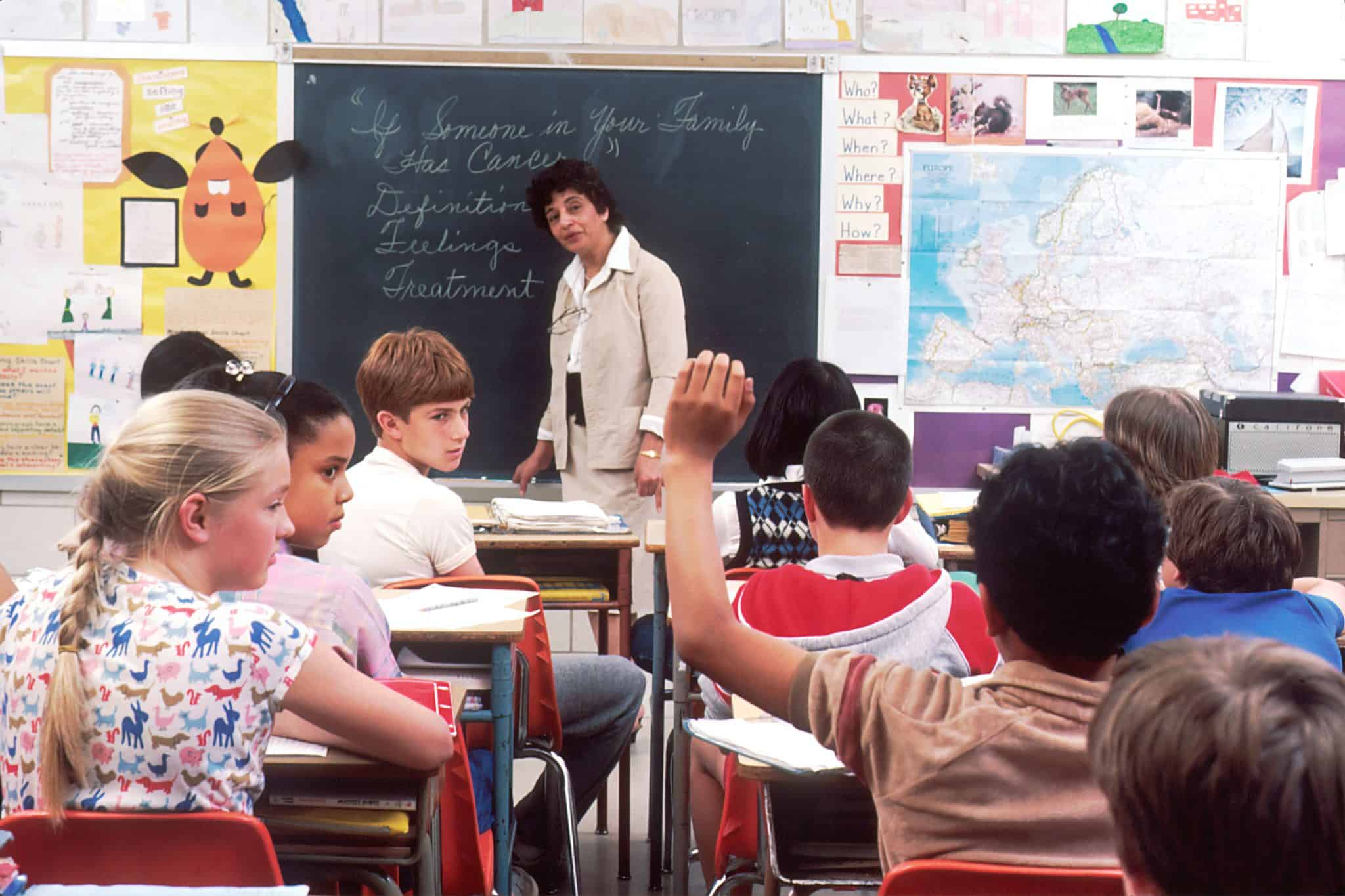Mackenzie Bouverat is a student at Harvard Law School.
Today, the country again confronts the question of ‘what to do about schools’ this coming fall. The executive’s position on the issue is clear: in a move seemingly calculated to pressure educational institutions to open their (physical) doors, U.S. Immigration and Customs Enforcement yesterday announced that international students studying at American schools are not permitted to live in the country unless their school offers in-person instruction. The President twice tweeted about the exigency of reopening schools within an hour of the publication of this guidance.
The Florida Department of Education has ordered all public schools to reopen for in-person instruction in the fall (as cases explode in the state). New York City is expected to reopen its public schools this coming fall, although New York state has not yet announced whether it plans to resume in-person education. The President of the United Federation of Teachers, Michael Mulgrew, has urged the state to institute greater protections for teachers at New York schools, including expansive testing, the monitoring of symptoms, and social distancing. Merrie Najimy, the President of the Massachusetts Teachers Association, recommends a phased reopening of schools. The Fairfax Education Association takes a harder line–the Virginian teachers union insists that schools should remain online until a vaccine is widely available. Public opinion is split on the issue: 54 percent of American voters report moderate to extreme discomfort with reopening K-12 schools for the beginning of the upcoming academic year, according to the latest POLITICO/Morning Consult poll. American parents face a double bind: as the working population is forced to return to “business as usual,” keeping classrooms virtual poses serious practical challenges: with already sky-high costs of child care expected to rise as daycares work to to accommodate social distancing protocols, working Americans may have no option but to send their children back to the classroom.
Following the lead of many other states, the Nebraska Department of Labor has announced the return of job search requirements for unemployment claimants. Eugene Scalia, Secretary for the U.S. Department of Labor, has indicated that the Federal response to coronavirus-related economic issues will pivot away from benefits programs, and will stimulate commerce through various means, including tax cuts and trade agreements. Americans, Scalia intimates, will soon be expected to return to work.






Daily News & Commentary
Start your day with our roundup of the latest labor developments. See all
January 30
Multiple unions endorse a national general strike, and tech companies spend millions on ad campaigns for data centers.
January 29
Texas pauses H-1B hiring; NLRB General Counsel announces new procedures and priorities; Fourth Circuit rejects a teacher's challenge to pronoun policies.
January 28
Over 15,000 New York City nurses continue to strike with support from Mayor Mamdani; a judge grants a preliminary injunction that prevents DHS from ending family reunification parole programs for thousands of family members of U.S. citizens and green-card holders; and decisions in SDNY address whether employees may receive accommodations for telework due to potential exposure to COVID-19 when essential functions cannot be completed at home.
January 27
NYC's new delivery-app tipping law takes effect; 31,000 Kaiser Permanente nurses and healthcare workers go on strike; the NJ Appellate Division revives Atlantic City casino workers’ lawsuit challenging the state’s casino smoking exemption.
January 26
Unions mourn Alex Pretti, EEOC concentrates power, courts decide reach of EFAA.
January 25
Uber and Lyft face class actions against “women preference” matching, Virginia home healthcare workers push for a collective bargaining bill, and the NLRB launches a new intake protocol.